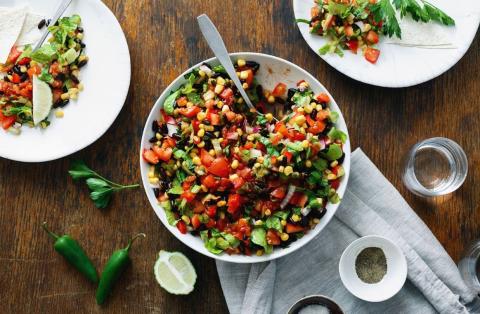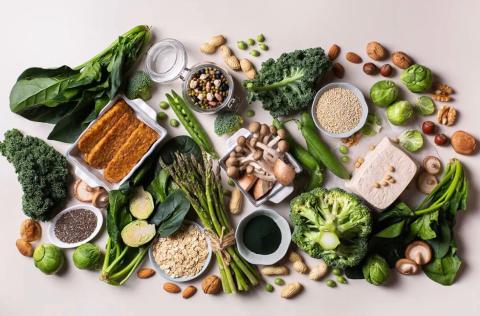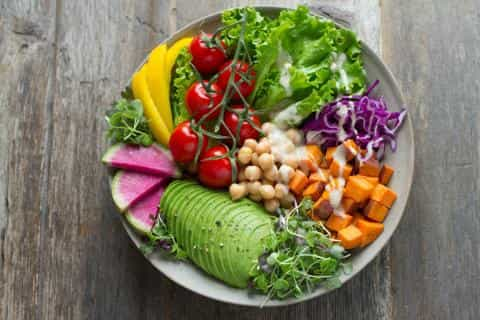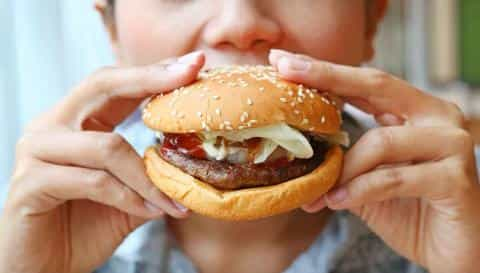

Training for a marathon is a demanding endeavor that requires not only physical strength but also a dedicated diet plan. The right balance of nutrients is essential to fuel your body for the long, arduous miles. This article provides a comprehensive guide to meal planning and recipes that will help you achieve optimal marathon performance.
The Marathon Diet: An Overview
The marathon diet comprises a well-rounded balance of carbohydrates, proteins, and fats, with a heavy emphasis on carbohydrates, the main fuel source for endurance athletes. A typical marathon diet should consist of approximately 60-70% carbohydrates, 20-30% fats, and 10-20% proteins.

Meal Planning
1. Pre-Training Phase: This is the time to build a strong nutritional base. Your diet should be rich in lean proteins to aid muscle repair and growth. Incorporating whole grain carbohydrates, fruits, and vegetables will provide the necessary energy and nutrients.
2. Training Phase: As your training intensifies, your carbohydrate intake should increase to fuel your workouts. Carbohydrates should be primarily sourced from whole grains, fruits, and vegetables. Proteins should be lean, and fats should come from healthy sources like avocados, nuts, and olive oil.
3. Taper Phase: This period typically begins two to three weeks before the marathon. Continue eating balanced meals, but gradually decrease your portion sizes to avoid gaining weight.
4. Pre-Race Phase: Carb-loading starts two to three days before the marathon. This involves increasing your carbohydrate intake to about 70-80% of your total calories to maximize glycogen stores.
Recipes for Optimal Performance
1. Quinoa Salad: Quinoa is a great source of protein and carbohydrates. Mix cooked quinoa with mixed vegetables, lean protein like chicken or tofu, and a dressing of your choice for a balanced meal.
2. Whole Grain Pasta with Lean Protein: Whole grain pasta provides a good source of complex carbohydrates, while lean protein like chicken or turkey aids muscle repair.
3. Overnight Oats: Mix oats with Greek yogurt and your choice of fruits. This makes for a protein and carbohydrate rich breakfast.
4. Grilled Salmon with Sweet Potatoes: Salmon provides lean protein and omega-3 fatty acids, while sweet potatoes are an excellent source of complex carbohydrates.
5. Banana Almond Smoothie: Blend a banana with almond milk and a scoop of protein powder for a quick post-workout recovery drink.
Remember, hydration is crucial in marathon training. Aim for at least 2-3 liters of water per day, and more on hot days or heavy training days. Also, consider sports drinks to replace lost electrolytes during long runs.
Every runner is unique, and what works for one may not work for another. Experiment with different foods and meal timings to see what suits you best. Consult a dietitian or sports nutritionist if you need personalized advice.
Running a marathon is a significant achievement that requires careful planning and preparation. With the right diet and training plan, you are sure to cross the finish line in top form. Happy running!
Discover More Content





